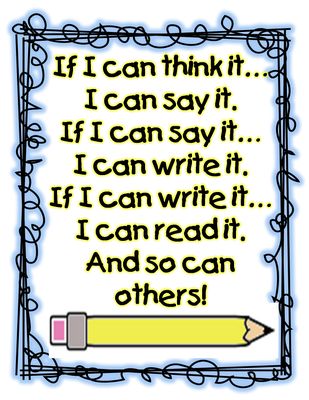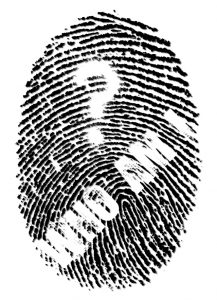 This week’s assignment for 6300 Understanding Writing as a Process course is to read and locate ourselves among the range of voices in Chapter 1 titled “Bad Ideas About What Good Writing Is” from the book Bad Ideas About Writing by Cheryl E. Ball and Drew M. Loewe. I explored perspectives associated with the section titled “Reading and Writing Are Not Connected” by Ellen C. Carillo. My interest was sparked by assigned reading of The Rise of Writing by Deborah Brandt in Dr. Laura McGrath’s 6650 Introduction to Studies course.
This week’s assignment for 6300 Understanding Writing as a Process course is to read and locate ourselves among the range of voices in Chapter 1 titled “Bad Ideas About What Good Writing Is” from the book Bad Ideas About Writing by Cheryl E. Ball and Drew M. Loewe. I explored perspectives associated with the section titled “Reading and Writing Are Not Connected” by Ellen C. Carillo. My interest was sparked by assigned reading of The Rise of Writing by Deborah Brandt in Dr. Laura McGrath’s 6650 Introduction to Studies course.
Continue reading “Reading and Writing: Tied for First Place”

